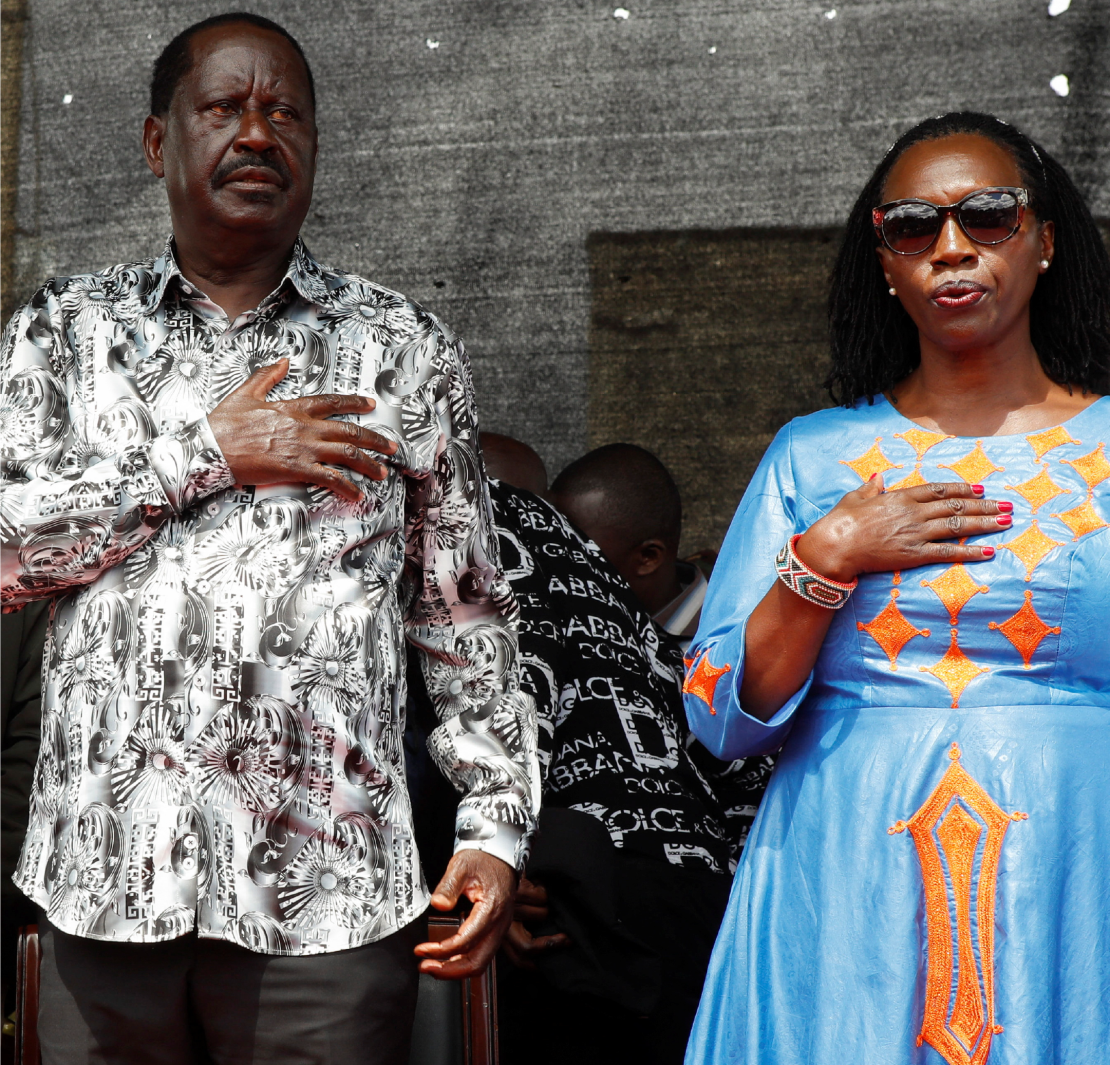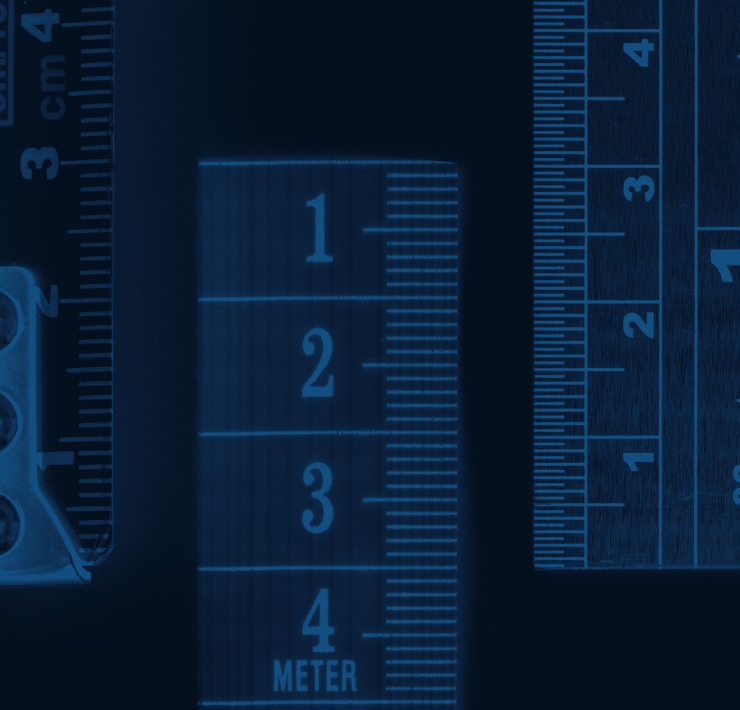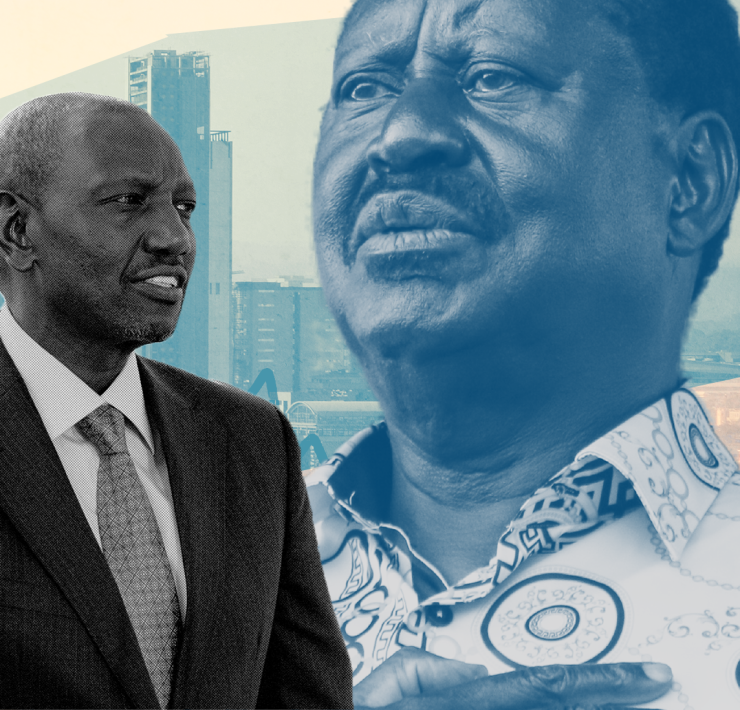The limits of free speech and political propaganda have just been made clearer in the United States where Dominion, a vote machine manufacturer has just settled a defamation suit against Fox News for over 106 billion Kenya shillings. Since former American President Donald Trump’s electoral defeat in 2020 Fox News had become a redoubt from where his baseless and fraudulent claims were trumpeted. Signaling how weak its case, and Trump’s claims were, the staggering figure Fox News has agreed to pay is actually half of the damages claimed by Dominion. The case was settled on the first day of trial.
Allegations of vote fraud, made without evidence, have been seen across the globe with greater impunity ever since Donald Trump first declared his intention never to accept electoral defeat; prior to the 2020 election which ousted him. If you recall his answer to questioners on the issue of conceding defeat was to affirm he would concede if he lost fair and square; though he would be the final arbiter of what fair and square meant.
Here in Kenya we have an anomalous situation. Ever since his rejection of the 2007 election results, it has been a trope to demand that Raila Odinga state ahead of the election whether he will accept the results. In 2013, his opponents engineered a stunt in Nyeri in which he was challenged on this point by a school girl on live television. In every instance Odinga’s answer has been the same qualified non sequitur. Yes I will concede but only if the election is free and fair. Ditto the Supreme Court.
After the announcement on 15th August 2022 that he had lost the election to William Ruto, Odinga vacillated only for a moment before accepting that the courts were his only forward option. But even here he made statements that qualified his belief in justice at the Supreme Court. Now you will recall that he has had a chequered relationship with the Kenyan judicial system, beginning with his terrible victimhood at its hands in the 1980s and 1990s. Standing in his shoes, I would be skeptical about the extent of judicial independence possible in Kenya. It is said that when in 1997 the opposition wanted to mount a joint electoral petition against Moi’s split decision victory, Odinga was uninterested. Instead he started a co-operation with Moi’s KANU that eventually elevated him to the cabinet and Secretary General position in a unified KANU-NDP political party renamed new-KANU.
When Samuel Kivuitu announced then President Mwai Kibaki’s purported re-election win in 2007, Odinga and almost the whole world immediately concluded that the court route was pointless in the face of an election theft on such a massive scale. We know the results of that fateful announcement and its horrific aftermath; the well documented post-election violence which killed over 1,300, displaced over half a million and set back the economy for a decade. We also know that the Kriegler Commission which investigated that announcement concluded that the scale of misconduct and cheating in that election by both sides meant that it was not possible to say who won the 2007 election.
The Kriegler Commission also recommended electoral reforms which eventually birthed the IEBC and the electoral tallying system which states that the results at the ballot box are final. In practical terms this means that the results transmission system (RTS) provided last election by Delaware’s Smartmatic, and the election before that by the French OT Morpho/Safran/Idemia are conveyors of the results, not creators. Manipulation of any specific ballot box result by insertions or alterations at the RTS stage are eminently easy to prove if the RTS is transparent. In 2013 and 2017 the RTS was a close-held database and allegations still abound which are hard to prove or disprove that the results were digitally altered to the advantage of Uhuru Kenyatta and William Ruto on both occasions.
The RTS was especially transparent in 2022 when for the first time the IEBC dumped all ballot box results (Form 34A) on an open internet portal starting the day after the vote. These were scraped and downloaded by all and sundry. The pace was so rapid that psephologists were openly making predictions of the winner by the 14th of August, based on analysis of the portal.
2022 was a marked departure from prior practice where an API was made available on a need to know basis restricted mainly to political contestants and the mainstream media. This restricted access and the tendency to leverage information meant that our election tallying process in the past was characterized by drip drops of data intended to massage public opinion in one direction or another. Last year, this inner circle advantage was lost as the whole world could conduct a vote tally.
Usually too many cooks spoil the broth but in 2022 people of different political persuasions had the same basic tool to count the vote. . I participated in such an effort and our work is available at www.kenyaelection.org I know that the same was done by academia, ICT enthusiasts and when the mainstream media pleaded exhaustion and stopped updating results, there was little to no impact on public awareness because of the multiplicity of data analysts and gatherers.
The IEBC portal, its creators at Smartmatic and its implementers at the IEBC have been the subject of consistent, virulent attack by Azimio’s leadership. Ever since the election was lost, it has been the focus of one debunked theory after another. Whether it was interception, substitution, or even a dark portal none of Azimio’s allegations have passed the logical tests necessary when determining truth. Last week at Ufungamano Hall in Nairobi, a presentation by an Azimio consultant failed to impress; it being a rehash of the discredited substitution theory of the so-called IEBC whistleblower. Azimio has also uncharacteristically slammed the Supreme Court.
For my part, I remain open -minded and agree that we can keep the case file open for as long as necessary if there is credible evidence still out there. But this will be evidence for the history books.
Which brings us full circle to the question of when will we accept the end of an electoral contest. To this day Donald Trump refuses to accept his 2020 defeat, but he’s just cost one of his main boosters, Rupert Murdoch’s Fox News, 787 million dollars, merely for stubbornly supporting his allegations against the vote machine infrastructure. Their owner accepted that he did not believe the claims, but asserted a first Amendment right to essentially make false claims. This theory was never put to the jury because Fox settled out of court at the eleventh hour. Smartmatic also has pending defamation cases against Fox News. According to The Guardian “on paper, Smartmatic’s suit could be the more dangerous: it is demanding damages of $2.7bn compared with Dominion’s claim for $1.6bn”.
I wonder what would happen if a similar lawsuit were filed in Kenya, by either Smartmatic or former IEBC Chairman Wafula Chebukati. They may very well target our mainstream media that far too often uncritically conveys political propaganda.
Author
-
Mwalimu Mati is a Kenyan lawyer and governance consultant with over 25 years of work experience in the fields of economic governance, anti-corruption, research, advocacy and publication. Mati was the Chief Executive Officer of Mars Group Kenya, one of Kenya’s leading anti-corruption and fiscal transparency watchdogs, as well as publisher of www.marsgroupkenya.org, in its time Kenya’s largest governance web portal which specialised in anti-corruption and financial analysis. Previously, Mati was Executive Director of Transparency International (2006-2007), before which role he served the same organization as Deputy Executive Director (2002-2006). Mati cut his teeth in the 90s working as Programme Officer at the Public Law Institute, where he worked for close to a decade. Driven by his life-mission which is to empower citizens to demand accountability by sharing knowledge, Mati has been at the forefront in the provision of information resources of all forms and shapes to the public as he seeks to promote transparency in public and corporate sectors. Mati consults for Kenyan and international corporations and development agencies in strategy development, programme review and analysis, due diligence background checks and his specialist field of governance and anti-corruption. Mati is widely published locally and internationally, and has led in the writing and publication of some of Kenya’s most ground breaking governance and anti-corruption reports
Mwalimu Mati is a Kenyan lawyer and governance consultant with over 25 years of work experience in the fields of economic governance, anti-corruption, research, advocacy and publication. Mati was the Chief Executive Officer of Mars Group Kenya, one of Kenya’s leading anti-corruption and fiscal transparency watchdogs, as well as publisher of www.marsgroupkenya.org, in its time Kenya’s largest governance web portal which specialised in anti-corruption and financial analysis. Previously, Mati was Executive Director of Transparency International (2006-2007), before which role he served the same organization as Deputy Executive Director (2002-2006). Mati cut his teeth in the 90s working as Programme Officer at the Public Law Institute, where he worked for close to a decade. Driven by his life-mission which is to empower citizens to demand accountability by sharing knowledge, Mati has been at the forefront in the provision of information resources of all forms and shapes to the public as he seeks to promote transparency in public and corporate sectors. Mati consults for Kenyan and international corporations and development agencies in strategy development, programme review and analysis, due diligence background checks and his specialist field of governance and anti-corruption. Mati is widely published locally and internationally, and has led in the writing and publication of some of Kenya’s most ground breaking governance and anti-corruption reports







